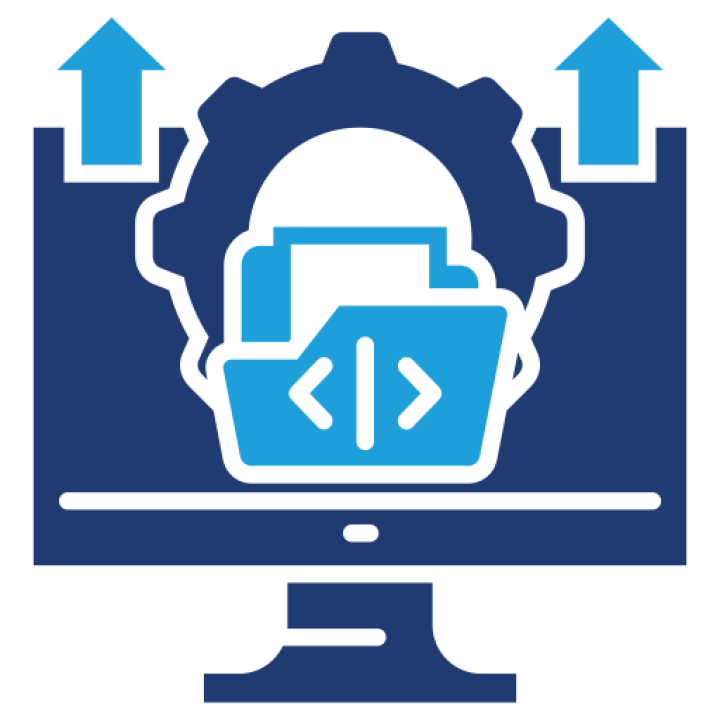College: Applied Sciences
This major provides a comprehensive understanding of the principles and practices of software development, focusing on the design, construction, and maintenance of software applications. Students will explore key areas such as programming languages, software engineering, database management, and web development. The program emphasizes problem-solving, technical skills, and collaboration to prepare students for careers in software engineering, application development, and related fields.
Learning Objectives:
- Understand the fundamentals of software development and the Software Development Life Cycle (SDLC).
- Develop proficiency in multiple programming languages (e.g., Java, Python, C++).
- Learn techniques for designing and implementing software solutions.
- Explore database management and data-driven application development.
- Understand web development principles and mobile application development.
- Analyze challenges and solutions in software project management.
- Develop teamwork and communication skills for collaborative software projects.
Main Curriculum:
- Introduction to Software Development
- Overview of software development, its history, and its role in modern technology.
- Programming Basics
- Fundamentals of programming logic, algorithms, and data structures.
- Hands-on experience in languages such as Python, Java, and C++.
- Software Engineering Principles
- Basics of software design patterns and architecture.
- Techniques for writing clean, maintainable, and scalable code.
- Web Development
- Front-end development using HTML, CSS, and JavaScript.
- Back-end development using frameworks like Node.js, Django, or Flask.
- Database Management
- Principles of database design and SQL.
- Techniques for integrating databases with applications.
- Mobile Application Development
- Basics of mobile application development for iOS and Android platforms.
- Using frameworks like React Native or Flutter for cross-platform development.
- Software Testing and Debugging
- Principles of software testing, including unit testing and integration testing.
- Techniques for debugging and optimizing code.
- Software Project Management
- Overview of Agile, Scrum, and other project management methodologies.
- Techniques for managing timelines, resources, and team collaboration.
- Emerging Trends in Software Development
- Exploration of artificial intelligence, machine learning, and cloud computing.
- Techniques for integrating new technologies into software projects.
- Capstone Project
- Real-world software development project to apply acquired skills.
- Techniques for delivering a complete software solution from concept to deployment.
Evaluation Methods:
- Coding assignments and software development projects.
- Written exams on programming concepts and software engineering principles.
- Group projects and collaborative coding exercises.
- Presentations and demonstrations of software applications.
Recommended Textbooks:
- "Clean Code: A Handbook of Agile Software Craftsmanship" by Robert C. Martin.
- "Introduction to the Theory of Computation" by Michael Sipser.
- "Design Patterns: Elements of Reusable Object-Oriented Software" by Erich Gamma et al.
- "The Pragmatic Programmer" by Andrew Hunt and David Thomas.
Prerequisites:
Basic knowledge in mathematics and logic is recommended. Suitable for students in computer science, information technology, and related fields.
Duration:
Typically 3 to 4 years, including practical projects, internships, and graduation experiences.
Certification:
Graduates may earn a degree in software development or a related field, depending on the program and institution.
Target Audience:
Aspiring software developers, programmers, and students pursuing careers in software engineering, application development, and technological innovation. This major equips students with technical expertise, problem-solving skills, and a collaborative mindset necessary to excel in the dynamic field of software development and contribute to the creation of innovative software solutions.


